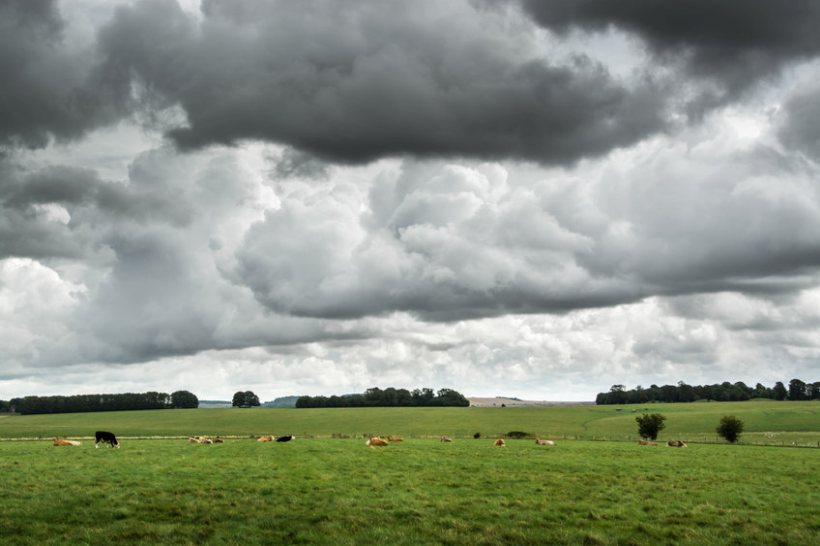
The rural economy is nearly one-fifth less productive than the UK average due to a host of issues, including poor broadband connections and lack of affordable housing, a new report says.
The report's release follows one of the most comprehensive inquiries ever to be conducted by a parliamentary body into the health of the rural economy.
Published by a cross-party group of MPs and peers, it says that no government in recent memory has had a program to unlock the economic and social potential of the countryside.
The All-Party Parliamentary Group (APPG) on the Rural Powerhouse took evidence from over 50 industry bodies, charities, campaign groups, companies, academics, and business leaders.
The report notes that the rural economy is 18% less productive than the national average, a gap that, if reduced, could add £43bn to the UK economy.
Findings include a broken planning system which has failed those who in rural areas. The report also criticises Defra for lacking the policy levers necessary to make a significant change to the rural economy.
A lack of skills provision is causing rapid ‘brain drain’ in rural areas, and urgent action is required to address labour shortages and supermarkets’ price-setting powers.
In addition to this, the report says that the government is backing away from commitments to provide full-fibre and 4G to rural areas.
In response, the Country Land and Business Association (CLA) said that the government could no longer afford to ignore the potential of the rural economy and the prospects of the millions of people who live within it.
Mark Tufnell, CLA President said: "For too long, successive governments have ignored the potential of the rural economy and the prospects of the millions of people who live within it. The time to act is now.
"Rural businesses are ready to expand, creating good jobs and opportunities for people from all walks of life – but a lack of interest from government is holding them back.
"Homes are often unaffordable for local families. Well-paid jobs can be scarce. And broadband can be painfully slow. All this means leads to an exodus of talented people who are too often forced to move to more urban areas.”
The lack of ambition from the government is leaving them facing political consequences. A recent poll of the UK’s five most rural counties commissioned by the CLA highlighted changing political voting patterns in rural areas.
In the previous general election, 46% of correspondents voted Conservative. Voter intention is now 36% Labour and 38% Conservative, representing a 7.5% swing.
The two parties are now neck and neck ahead of the local elections.
The poll also found that 66% of people did not believe that the government was doing enough to create prosperity in rural communities.
A majority (80%) said that a lack of affordable housing was driving young people out of the countryside, with almost half (42%) agreeing that their community was worse off economically, compared to five years ago.
With no concrete plan to support rural communities, the APPG report is intended to serve as an economic blueprint for the countryside.
Co-Chair of the APPG on the Rural Powerhouse and MP for York Outer, Julian Sturdy, stated that the report set out a comprehensive growth plan, one that will create jobs, spread opportunity and strengthen rural areas.
"We recognise the unique set of challenges that the Government is facing at the moment, but this makes the need to grow and strengthen the rural economy more, not less important.”
